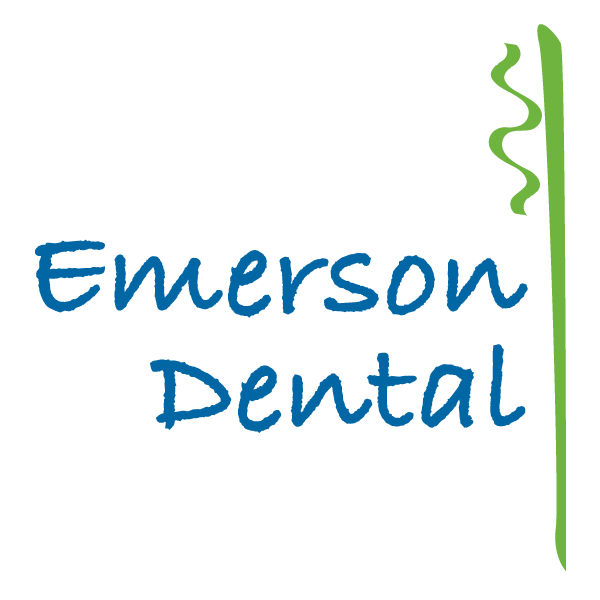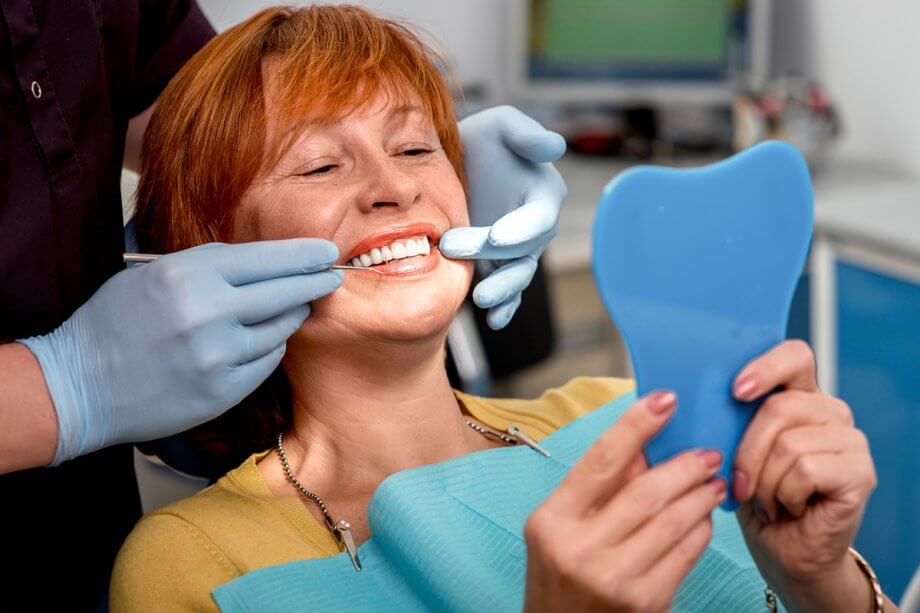Dental implants are a life-changing solution for those looking to restore their smile and function after losing teeth. However, the process of getting a dental implant doesn’t end after it’s placed. A crucial factor in the success of your new implant is the healing phase, where your body integrates the implant into the jawbone. Understanding what happens during this period can help you prepare, recover properly, and achieve the best result possible.
Below, we’ll break down the key stages of the dental implant healing process and what you can expect each step of the way.
The Body’s Response to Dental Implants
When a dental implant is placed, the process involves carefully securing the titanium post into the jawbone to act as an artificial tooth root. At this point, the body begins a remarkable process called osseointegration. This is when your jawbone fuses with the implant, creating a stable, long-lasting foundation for a crown, bridge, or denture.
The healing process not only involves this biological fusion but also includes the recovery of surrounding gums. Most people find that while this healing period can take several months, it’s manageable with proper care and support from their dental provider.
Factors That Influence the Healing Timeline
Healing time can vary from person to person, typically ranging from three to six months, depending on a few key factors:
- Bone density: patients with healthy, dense jawbone tend to heal more quickly. If a bone graft was necessary, this can extend the timeline.
- Overall health: lifestyle factors such as smoking and chronic conditions like diabetes can slow the healing process. On the other hand, a nutritious diet and good oral hygiene can support quicker recovery.
- Implant location: Implants placed in areas of thinner bone, like the upper jaw, may take longer to heal compared to implants in the lower jaw.
Your dentist will guide you with tailored post-care recommendations to ensure the best possible healing experience.
Supporting Your Recovery
Following your dentist’s guidance during recovery is crucial. Here are a few tips to help support the healing process:
- Practice excellent oral hygiene: Keep the implant site clean, but be gentle around it. Brush and floss as directed by your dentist to prevent infection.
- Stick to a soft diet: Avoid stress on your implant site by eating soft foods such as yogurt, soup, and mashed potatoes.
- Avoid harmful habits: If you smoke, consider quitting, as smoking can impair healing. Also, avoid chewing hard or sticky foods that could disturb the implant site.
Pain and swelling are normal right after the procedure and can usually be managed well with over-the-counter medication. Your dentist may also schedule follow-ups to monitor your healing progress and address any concerns.
Frequently Asked Questions About Dental Implants
How painful is the healing process for dental implants?
The discomfort following a dental implant procedure is typically minimal and can be managed with over-the-counter pain relievers. Swelling and soreness generally improve within a week. If pain persists or worsens, contact your dentist, as it may indicate an issue.
What happens if my dental implant doesn’t heal properly?
While uncommon, dental implants may not heal properly due to factors such as infection or inadequate bone support. If this happens, your dentist will reassess the situation and propose adjustments, which could include additional procedures to support the implant.
At Emerson Dental, we understand that the dental implant process is a significant step toward restoring not just your teeth but your confidence and quality of life. Our team is here to guide you at every stage of your implant journey, from consultation to recovery. Have questions or are you ready to get started? Contact us today, and we’ll be happy to assist!

